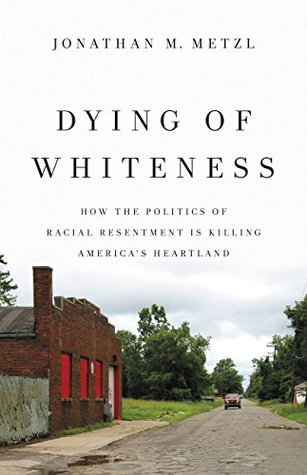Rather, they suggest that Southern white medicalized suffering occurred within historical and ideological frameworks that allowed white men to interpret ACA resistance in way that gave larger purpose to the act of refusing medical intervention. Pain affirmed group identity and a position in a hierarchy that, while hardly at the top, was not at the bottom either.
Welcome back. Just a moment while we sign you in to your Goodreads account.


